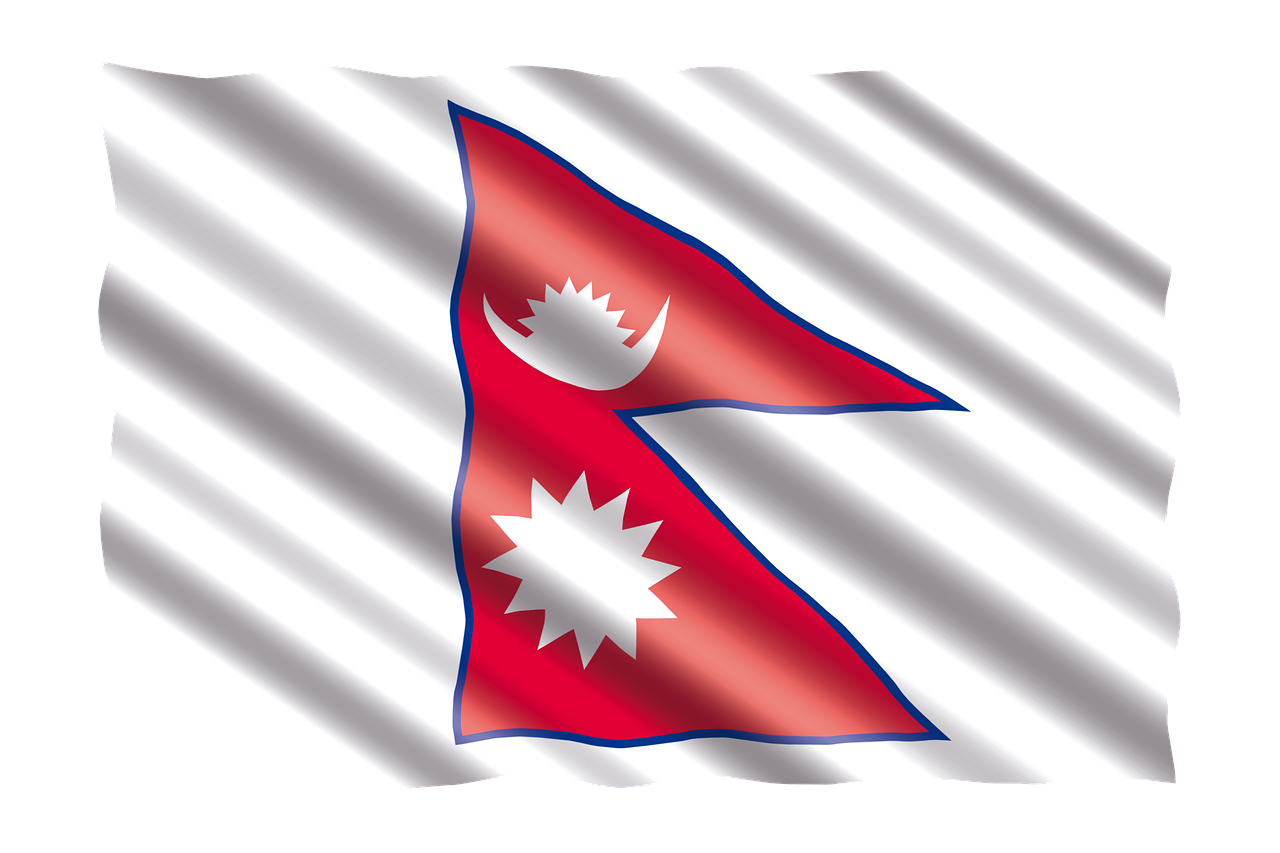
403
Sorry!!
Error! We're sorry, but the page you were looking for doesn't exist.
Eight political parties in Nepal calls for reinstatement of House of Representatives
(MENAFN) Reports indicate that eight political parties in Nepal have condemned the recent dissolution of the House of Representatives, calling the move unconstitutional and urging its immediate reversal.
In a joint statement on Saturday, the Nepali Congress, CPN-UML, CPN (Maoist Centre), CPN (Unified Socialist), Janata Samajbadi Party, Loktantrik Samajbadi Party, Nepal Workers and Peasants Party, and Janamat Party said the decision undermined the Constitution and devalued the mandate of the people.
President Ramchandra Paudel dissolved parliament on Friday shortly after appointing former Chief Justice Sushila Karki, 73, as interim prime minister. The move followed widespread youth-led “Gen Z” protests that had toppled KP Sharma Oli’s government, with the dissolution being one of the key demands of the demonstrators.
Citing Article 76 (7) of the Constitution and Supreme Court precedents, the parties argued that the president’s action violated constitutional norms. “This move not only undermines the people’s mandate but also strikes at the very supremacy of the Constitution,” the statement said, adding that protesters’ concerns should be addressed through institutions elected by the public.
The 275-seat parliament was dissolved shortly after Karki’s swearing-in, with elections scheduled for March 5. The protests, initially sparked by a social media ban, left at least 51 people dead and many more injured, while evolving into a broader movement against alleged corruption and nepotism among the political elite, with demonstrators targeting public buildings, the Supreme Court, and private residences.
In a joint statement on Saturday, the Nepali Congress, CPN-UML, CPN (Maoist Centre), CPN (Unified Socialist), Janata Samajbadi Party, Loktantrik Samajbadi Party, Nepal Workers and Peasants Party, and Janamat Party said the decision undermined the Constitution and devalued the mandate of the people.
President Ramchandra Paudel dissolved parliament on Friday shortly after appointing former Chief Justice Sushila Karki, 73, as interim prime minister. The move followed widespread youth-led “Gen Z” protests that had toppled KP Sharma Oli’s government, with the dissolution being one of the key demands of the demonstrators.
Citing Article 76 (7) of the Constitution and Supreme Court precedents, the parties argued that the president’s action violated constitutional norms. “This move not only undermines the people’s mandate but also strikes at the very supremacy of the Constitution,” the statement said, adding that protesters’ concerns should be addressed through institutions elected by the public.
The 275-seat parliament was dissolved shortly after Karki’s swearing-in, with elections scheduled for March 5. The protests, initially sparked by a social media ban, left at least 51 people dead and many more injured, while evolving into a broader movement against alleged corruption and nepotism among the political elite, with demonstrators targeting public buildings, the Supreme Court, and private residences.

Legal Disclaimer:
MENAFN provides the
information “as is” without warranty of any kind. We do not accept
any responsibility or liability for the accuracy, content, images,
videos, licenses, completeness, legality, or reliability of the information
contained in this article. If you have any complaints or copyright
issues related to this article, kindly contact the provider above.

















Comments
No comment